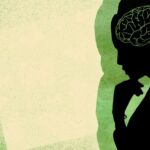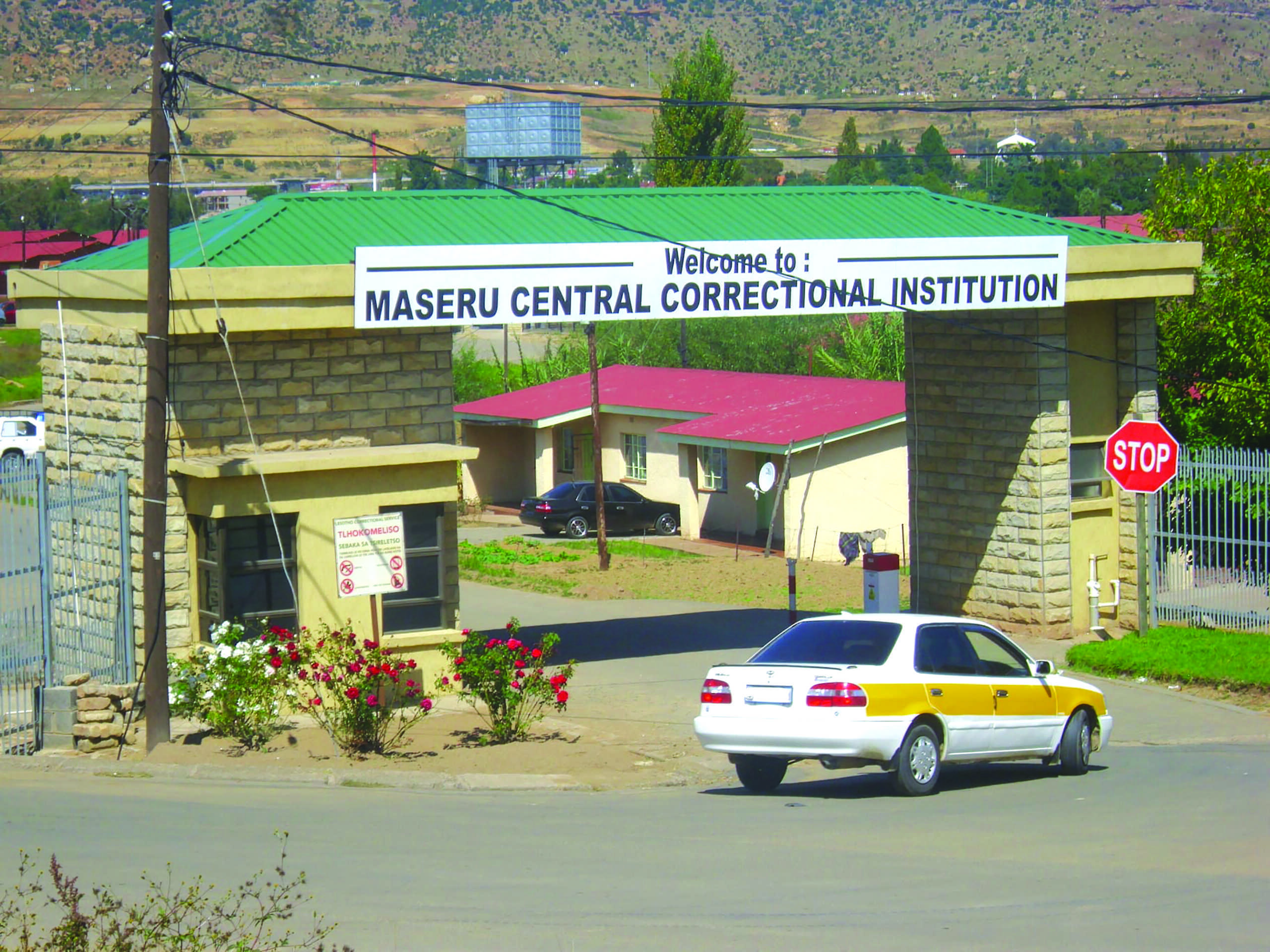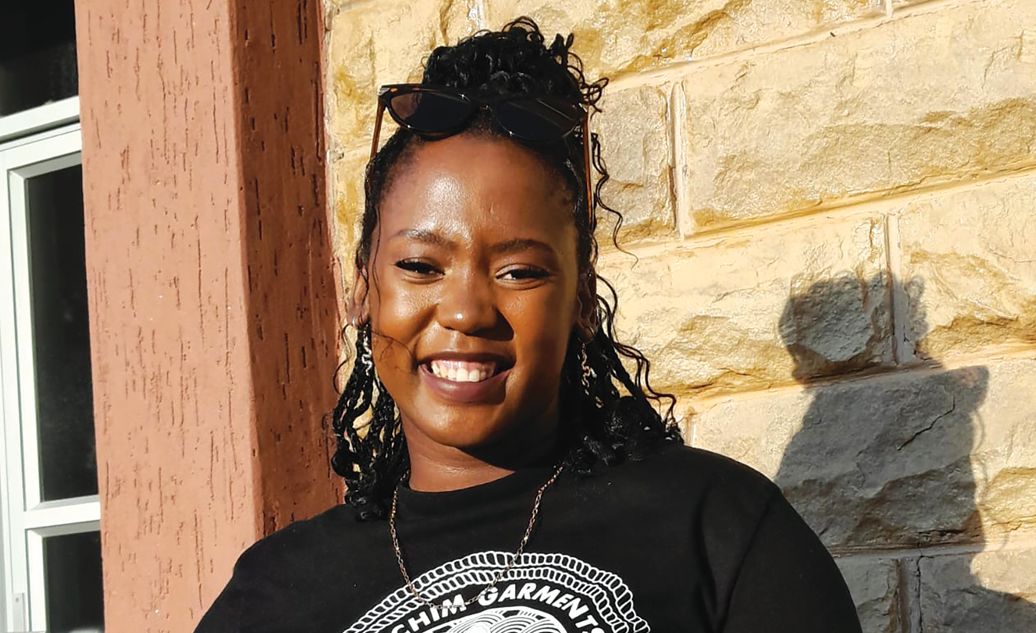Ntsoaki Motaung
February 14, 2022
Maseru
Epilepsy Lesotho Association joined the rest of the world in celebrating International Epilepsy Day that is celebrated each year the second week of February.
The celebration was held at the Mohlomi Mental Health Hospital in Maseru to day.
According to Mayo Clinic, Epilepsy is a central nervous system (neurological) disorder in which brain activity becomes abnormal, causing seizures or periods of unusual behavior, sensations and sometimes loss of awareness. Anyone can develop epilepsy. Epilepsy affects both males and females of all races, ethnic backgrounds and ages.
A Clinical Neuro Physiologist ‘Matšepang Tsoako from Maluti Neuro Diagnostic says their work is to examine the brain after a patient suffered seizures to understand the behavior of the patient and what kind of treatment they need after they have been tested.
“The treatment for epilepsy is given based on the symptoms the patient has. What we look into, is what part of the brain is affect and where the problem spread to,†she said.
Tsoako said epilepsy can affect anyone at any age. “Premature babies with a birth weight less than a kg have increased chances to have epilepsy. Someone who once had traumatic head injuries of any kind is likely to have epilepsy. Sometimes epilepsy is passed through generations if someone in the family once had it,†she said.
She also said chronic stress can be the cause or women can also have the disease just before their periods according to their genetic tissues.
Epilepsy is not curable but is controllable. After taking treatment some people can live for a number of years without attacks.
She said Lesotho is still behind in dealing with epilepsy because it is still a struggle for patients to go for a CT scan as they should, because there are a limited number of scans in the country that sometimes do not even work.
“That results in a number of patients who do not go for their scans to help monitor their progress or how much they are affected,†she said.
‘Mampiti Nchapi Secretary for Epilepsy Lesotho Association says this year’s theme to celebrate international Epilepsy Day is ’50 Million Steps for Epilepsy’.
She said the theme draws strength from the statistics that show that 50 million people in the world have epilepsy and 10 million in Africa including Lesotho though there are no statistics for Lesotho.
Nchapi said 50 million steps are meant to raise awareness about epilepsy so that governments can have knowledge and give support to people with epilepsy.
She said the Government of Lesotho has to make sure that Neurologists and treatments are available to make sure that the disease is controlled.
Meanwhile, the Director of Mental Health Services from the Ministry of Health Moelo Namahlele said every sickness that is associated with mental health should be prioritized.
“There is no life without a sound mental health. Epilepsy, if not controlled, can cause mental health issues. Every sickness that is associated with mental health is not prioritized in the country as well as internationally.
“The most important information to disseminate is that, Epilepsy has nothing to do with witchcraft, people need to know how to handle people with epilepsy and take them to health care centers for their treatment,†she said.
According to International League Against Epilepsy (ILAE) there are four types of epilepsies. Each type includes different types of seizures, which cause different symptoms and have different onset, begin in different parts of the brain.
Types of epilepsy include Focal epilepsy, complex focal seizures, Myclonic seizures and Tonic-clonic seizures.
Focal epilepsy or focal seizures, (also called partial seizures and localized seizures) are seizures which affect initially only one hemisphere of the brain.
Complex focal seizures are often preceded by a simple focal seizure (aura). Patients experiencing a complex focal seizure may stare blankly into space, or experience automatisms (non-purposeful, repetitive movements such as lip smacking, blinking, grunting, gulping or shouting).
Myoclonic (MY-o-KLON-ik) seizures are brief, shock-like jerks of a muscle or a group of muscles. “Myo” means muscle and “clonus” (KLOH-nus) means rapidly alternating contraction and relaxation—jerking or twitching—of a muscle. Usually they don’t last more than a second or two. Even people without epilepsy can experience myoclonus in hiccups or in a sudden jerk that may wake you up as you’re just falling asleep. These things are normal.
In epilepsy, myoclonic seizures usually cause abnormal movements on both sides of the body at the same time A generalized tonic–clonic seizure, commonly known as a grand mal seizure or GTCS, is a type of generalized seizure that produces bilateral, convulsive tonic and clonic muscle contractions. Tonic–clonic seizures are the seizure type most commonly associated with epilepsy and seizures in general and the most common seizure associated with metabolic imbalances.
Summary
- A Clinical Neuro Physiologist ‘Matšepang Tsoako from Maluti Neuro Diagnostic says their work is to examine the brain after a patient suffered seizures to understand the behavior of the patient and what kind of treatment they need after they have been tested.
- She said Lesotho is still behind in dealing with epilepsy because it is still a struggle for patients to go for a CT scan as they should, because there are a limited number of scans in the country that sometimes do not even work.
- “The most important information to disseminate is that, Epilepsy has nothing to do with witchcraft, people need to know how to handle people with epilepsy and take them to health care centers for their treatment,†she said.

Your Trusted Source for News and Insights in Lesotho!
At Newsday Media, we are passionate about delivering accurate, timely, and engaging news and multimedia content to our diverse audience. Founded with the vision of revolutionizing the media landscape in Lesotho, we have grown into a leading hybrid media company that blends traditional journalism with innovative digital platforms.










